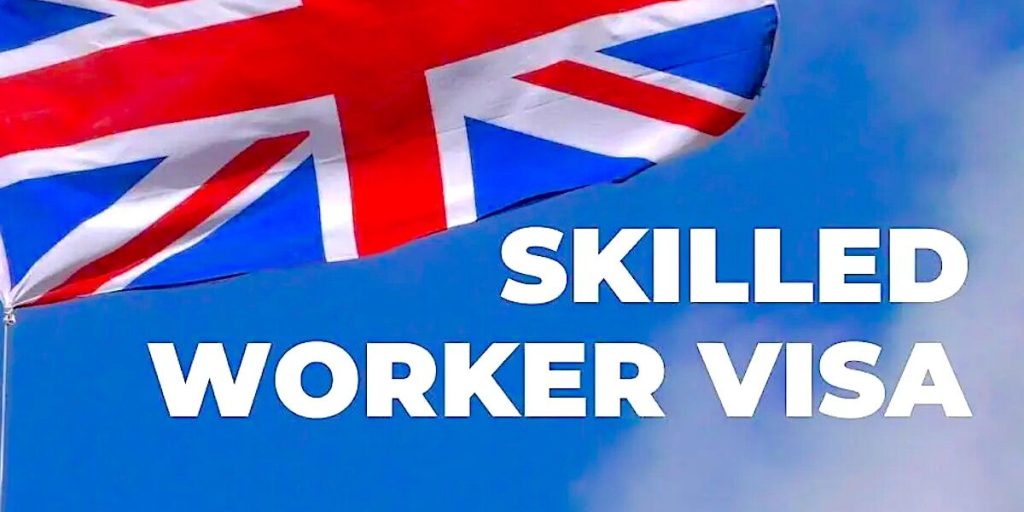
The United Kingdom Home Office has introduced a major overhaul of its immigration system by eliminating more than 100 mid-skilled occupations from the Skilled Worker visa eligibility list. This significant policy shift is expected to heavily impact Nigerian migrants and prospective applicants seeking employment opportunities in the UK.
Announcing the new measures, UK Home Secretary Yvette Cooper described the changes as a “complete reset” of the immigration framework, designed to tighten migration controls and restore what she referred to as “proper order.
“We are delivering a complete reset of our immigration system to restore proper control and order, after the previous government allowed net migration to quadruple in four years.
These new rules mean stronger controls to bring migration down and ensure we focus on investing in skills and training here in the UK,” Cooper said.
A key component of the reform is the raising of the minimum skill threshold for Skilled Worker visa eligibility to RQF Level 6 and above.
This disqualifies a wide range of roles at RQF levels 3 to 5, which previously attracted thousands of workers from Nigeria and other developing countries. Affected occupations include those in hospitality, construction, and skilled trades.
Other Major Changes Include:
Termination of the social care worker visa route for new overseas applicants, citing widespread abuse and exploitation in the industry.Creation of a Temporary Shortage List (TSL) and a revised Immigration Salary List (ISL), which impose strict entry conditions for certain high-demand roles — such as bans on dependants and time-limited work rights.
A comprehensive review by the Migration Advisory Committee (MAC) to reassess eligible roles on the new TSL in the near future.The reforms have triggered concern among many Nigerian migrants currently residing in the UK under the Skilled Worker visa scheme.
With many of their job roles no longer qualifying, they face the risk of losing visa status unless they transition to new jobs that meet the revised criteria.
Likewise, migrants planning to change employers or roles will now need to ensure their new positions align with the updated eligibility list and meet both minimum skill and salary requirements.
Despite the pushback, the Home Office insists that the reforms are necessary to strengthen the local workforce and reduce long-term reliance on foreign labour.





